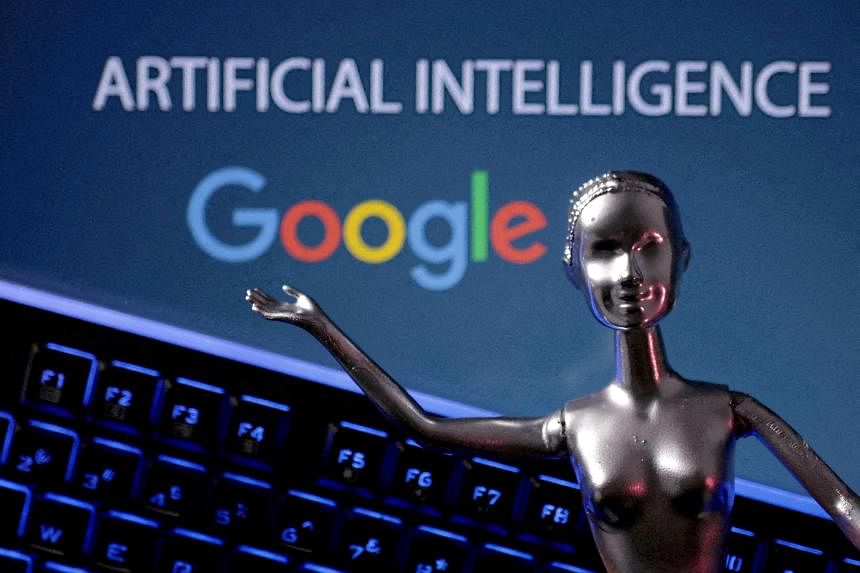WASHINGTON – A Chinese citizen who recently quit his job as a software engineer for Google in California has been charged with trying to transfer artificial intelligence (AI) technology to a Beijing-based company that paid him secretly, according to a federal indictment unsealed on March 6.
Prosecutors accused Ding Linwei, who was part of the team that designs and maintains Google’s vast AI supercomputer data system, of stealing information about the “architecture and functionality” of the system, and of pilfering software used to “orchestrate” supercomputers “at the cutting edge of machine learning and AI technology”.
From May 2022 to May 2023, Ding, also known as Leon, uploaded 500 files, many containing trade secrets, from his Google-issued laptop to the cloud by using a multi-step scheme that allowed him to “evade immediate detection”, according to the indictment.
Ding was arrested on the morning of March 6 at his home in Newark, California, not far from Google’s sprawling main campus in Mountain View, officials said.
Starting in June 2022, Ding was paid US$14,800 (S$19,800) a month – plus a bonus and company stock – by a China-based technology company, without telling his supervisors at Google, according to the indictment. He is also accused of working with another company in China.
Ding openly sought funding for a new AI start-up company he had incorporated at an investor conference in Beijing in November, boasting that “we have experience with Google’s 10,000-card computational power platform; we just need to replicate and upgrade it”, prosecutors said in the indictment.
“The Justice Department will not tolerate the theft of artificial intelligence and other advanced technologies that could put our national security at risk,” said Attorney-General Merrick Garland, who announced the indictment on March 6.
The charges underscore the high-stakes contest for primacy in AI. While American companies have developed most advances in generative AI, China has made it a strategic priority to lead the growing field.
Tech industry insiders have estimated that China is at least a year behind the United States, but many Chinese start-ups have tapped American technology to try to keep up, especially Meta’s open-source large language model, called Llama. Generative AI, which is behind ChatGPT and the wave of conversational chatbots, has quickly become one of the world’s most coveted technologies.
Google developed some of the foundational breakthroughs that make these systems work. The company has said that its latest group of AI models, named Gemini, are among the most powerful available today.
But since ChatGPT’s debut, Google has lost its status as a market leader and its stumbles have attracted attention. The company has been widely criticised for racial biases in its image generator, leading it to pause users’ ability to create images of people.
Regarding Ding, Google said that its security systems worked as intended and that the “junior employee” was acting alone.
But the indictment suggested that Ding had some help: Another Google employee swiped Ding’s identification card at a company office to help him conceal a trip to China, according to the indictment.
It was not immediately clear whether Ding has legal representation.
The government offered few details about the life of Ding, who began working for Google in early 2019 and quit suddenly in January – after booking a one-way ticket to Beijing. NYTIMES

